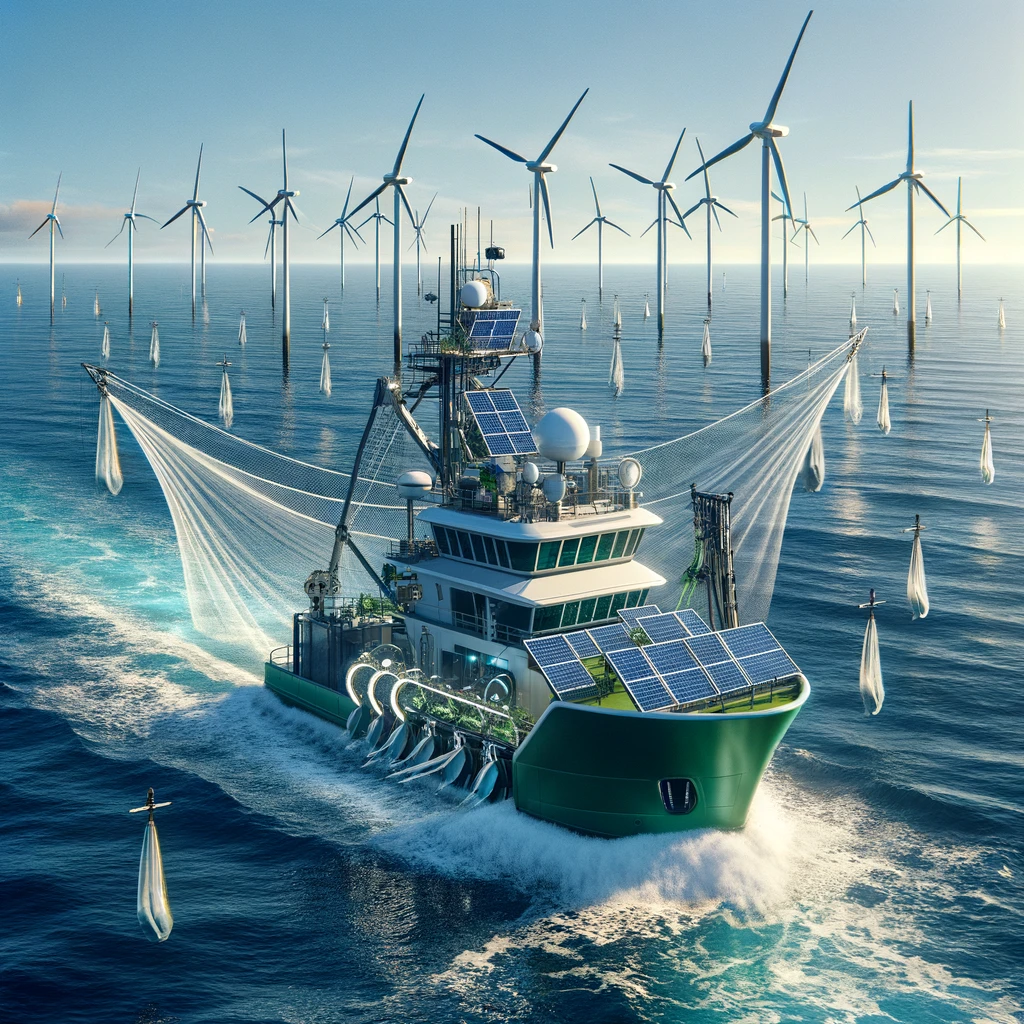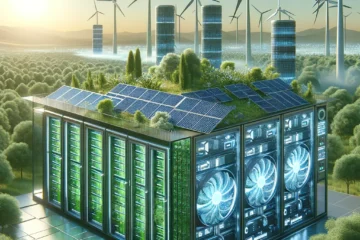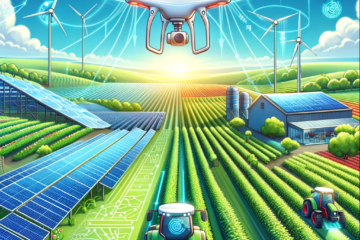In an age where the health of our oceans is more critical than ever, innovative technologies are playing a pivotal role in transforming the fishing industry into a sustainable model. This article delves into how advancements in green technology, sustainability practices, technological innovations, and data analytics are contributing to the preservation and recovery of our marine ecosystems. By integrating these fields, we’re witnessing a significant shift towards responsible fishing practices that not only meet today’s needs but also ensure the oceans’ vitality for future generations.
Sustainable Fishing Technologies: A Leap Forward
Innovative Gear and Practices
The development of selective fishing gear and practices stands at the forefront of sustainable fishing. By minimizing bycatch and reducing damage to marine habitats, these technologies are crucial in conserving biodiversity. Innovations such as precision fishing techniques and biodegradable nets are proving effective in targeting specific species, thereby reducing unnecessary harm to the marine ecosystem.
Satellite and AI-Assisted Monitoring
The integration of satellite imagery and artificial intelligence (AI) into fishing operations has revolutionized the monitoring and management of fish populations. These technologies offer real-time data on fish migration patterns, population densities, and ocean health, enabling more informed decision-making. AI algorithms can predict overfished areas, allowing for timely interventions to prevent depletion.
Blockchain for Traceability
Blockchain technology is emerging as a powerful tool for ensuring the traceability and transparency of seafood supply chains. By securely recording each step from catch to consumer, blockchain helps in verifying the sustainability of fishing practices. This not only aids in combating illegal fishing but also empowers consumers to make environmentally responsible choices.
Ocean Conservation Tech: The Digital Wave
Underwater Drones and Robotics
Underwater drones and robotic systems are at the cutting edge of ocean conservation tech, offering unprecedented capabilities in monitoring and protecting marine environments. These autonomous systems can track illegal fishing activities, map critical habitats, and even assist in the restoration of coral reefs, playing a vital role in ocean conservation efforts.
Data Analytics for Ecosystem Management
Data analytics is proving instrumental in understanding and managing marine ecosystems. By analyzing vast amounts of data from various sources, researchers can identify patterns and trends that would be impossible to discern otherwise. This deep insight aids in the development of effective conservation strategies, ensuring the sustainable management of marine resources.
Renewable Energy-Powered Operations
The shift towards renewable energy sources in fishing operations marks a significant step towards sustainability. Solar and wind-powered vessels and equipment reduce the carbon footprint of fishing activities, aligning them with global efforts to combat climate change. This transition not only benefits the environment but also offers economic advantages through reduced fuel costs.
The Future of Sustainable Fishing
Policy and Regulation
For sustainable fishing technologies and ocean conservation tech to have a lasting impact, supportive policies and regulations are essential. Governments and international bodies must work together to establish guidelines that encourage the adoption of sustainable practices while penalizing illegal and harmful activities.
Global Cooperation and Community Engagement
The path to sustainable fishing requires global cooperation and active engagement from local communities. Collaborative projects and initiatives that involve fishers, tech companies, environmental organizations, and governments can foster a shared sense of responsibility and drive meaningful change.
Continued Innovation and Research
The future of our oceans depends on ongoing innovation and research in sustainable fishing and conservation technologies. Investment in R&D, along with open sharing of knowledge and best practices, will be critical in developing new solutions to the challenges facing marine ecosystems.
Conclusion
The integration of green technology, sustainability, technological advancements, and data analytics into the fishing industry is paving the way for a future where our oceans are not only thriving but also sustainably managed. Sustainable fishing technologies and ocean conservation tech offer hope in the face of daunting environmental challenges. By embracing these innovations and fostering a collaborative, global approach to ocean conservation, we can ensure that our marine resources are protected for generations to come.




